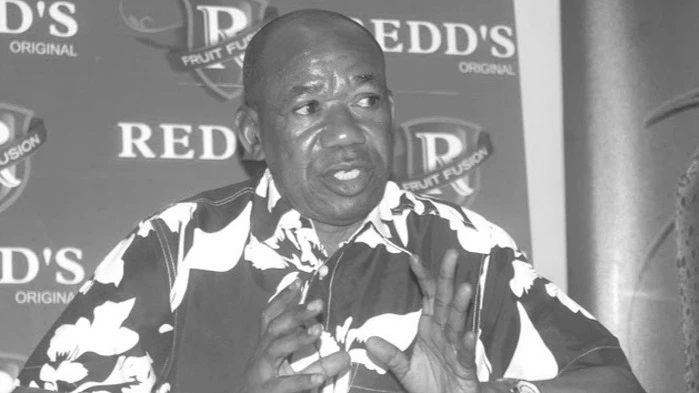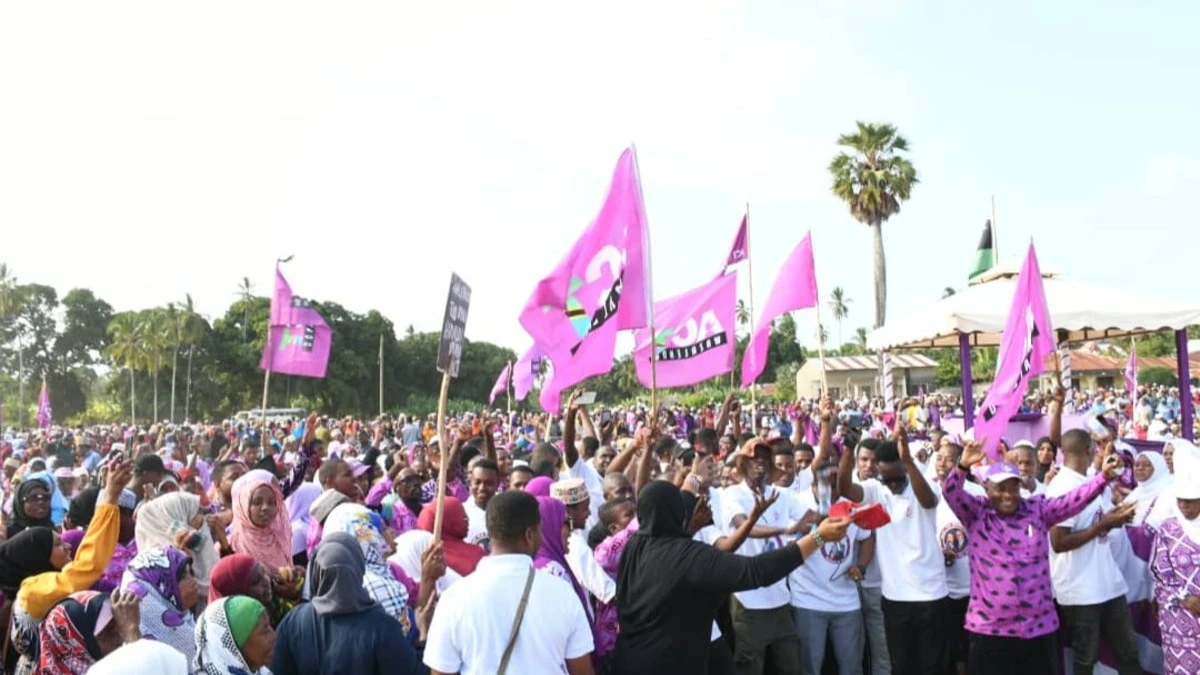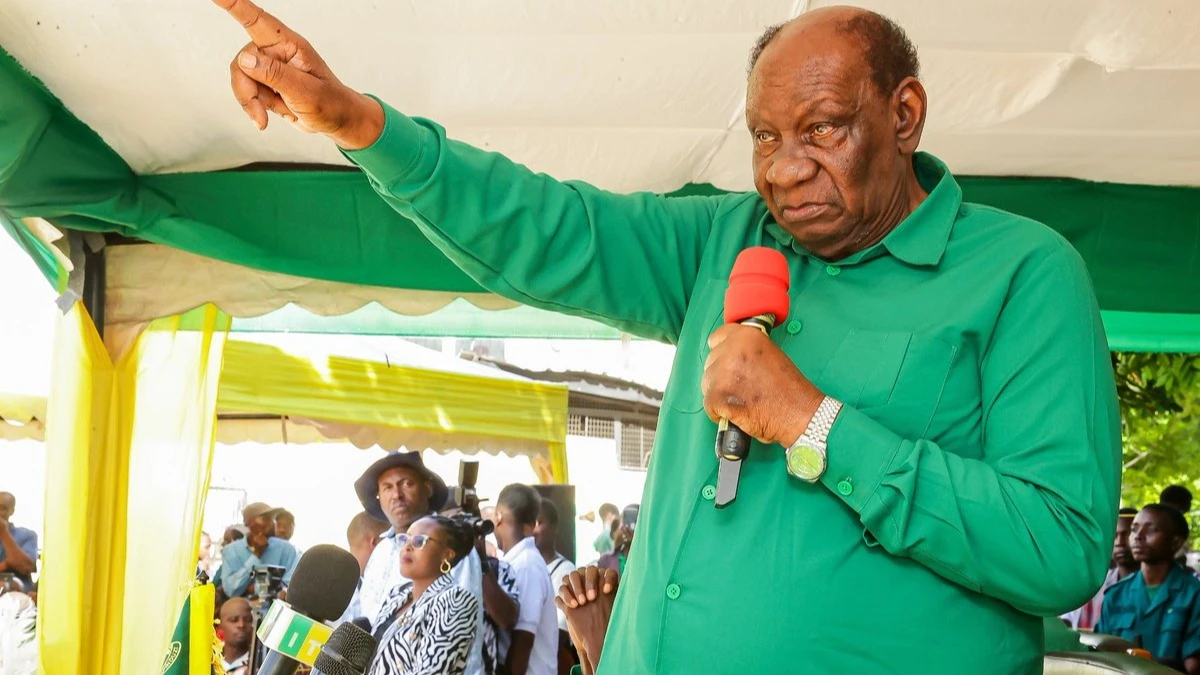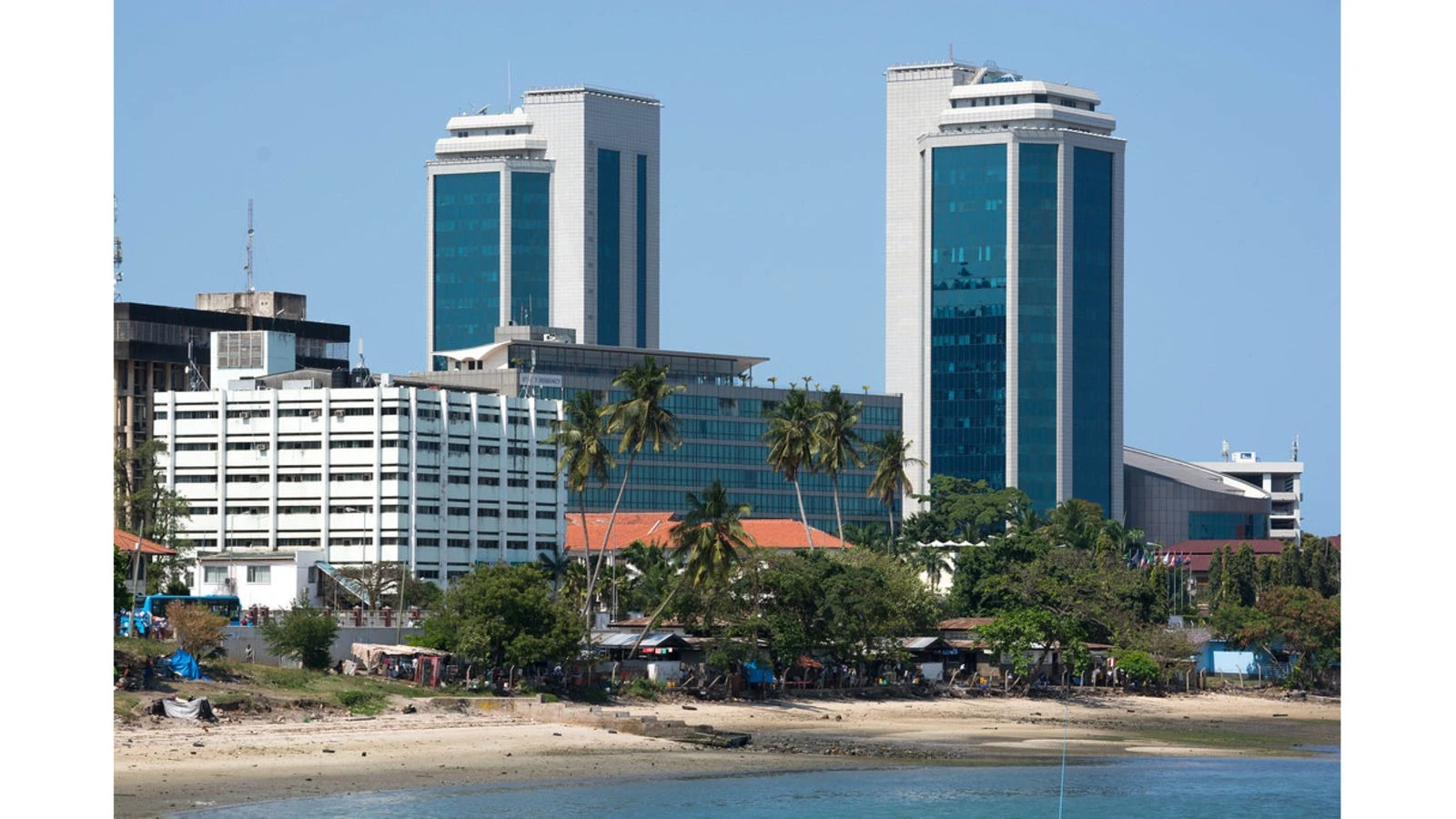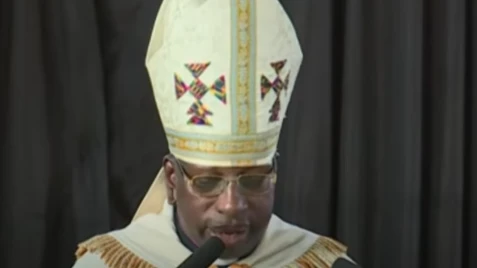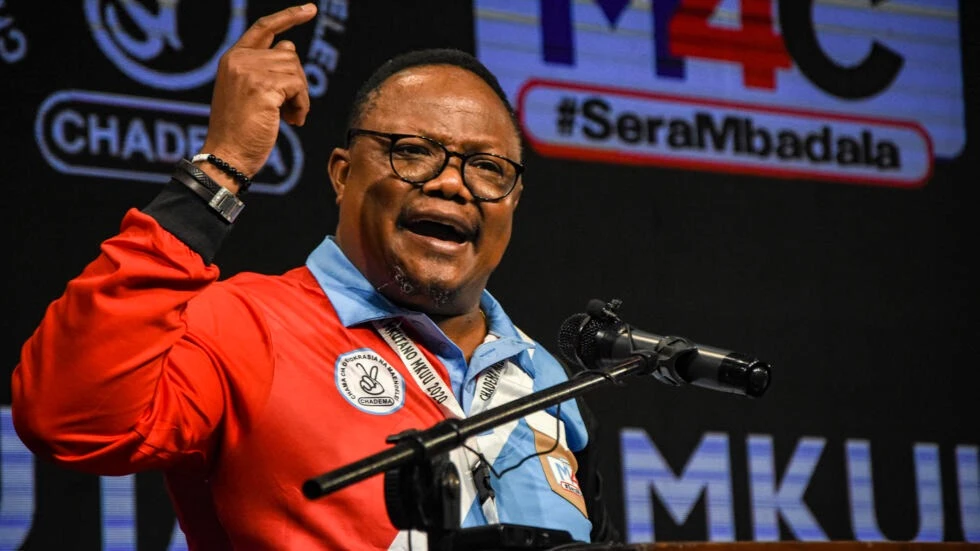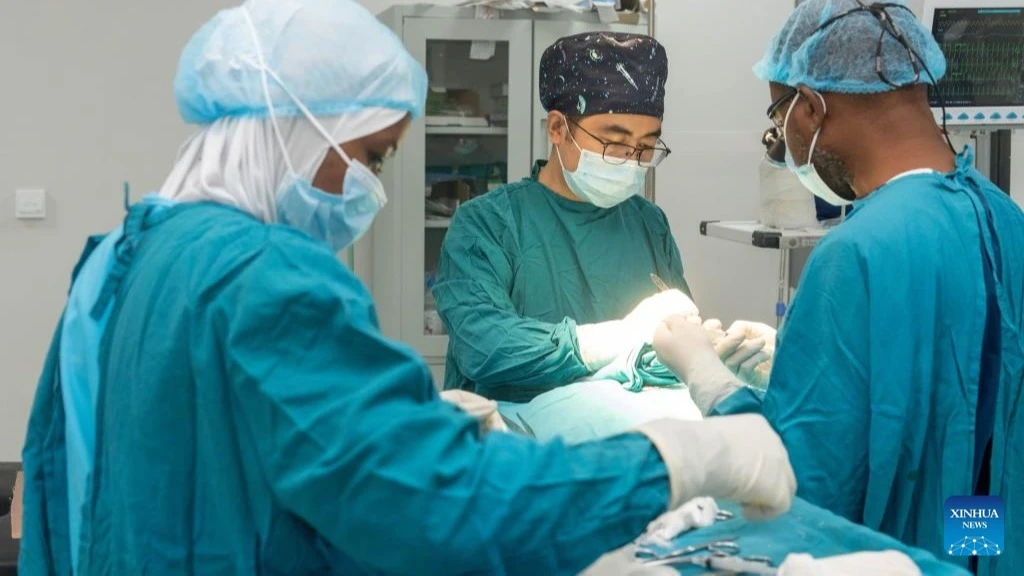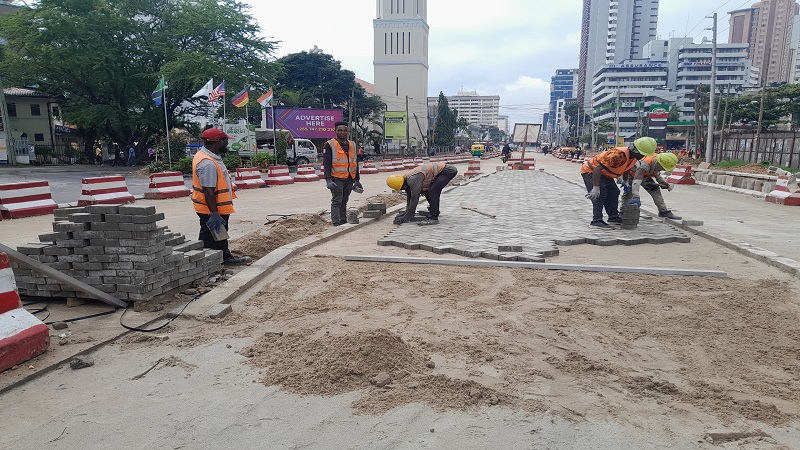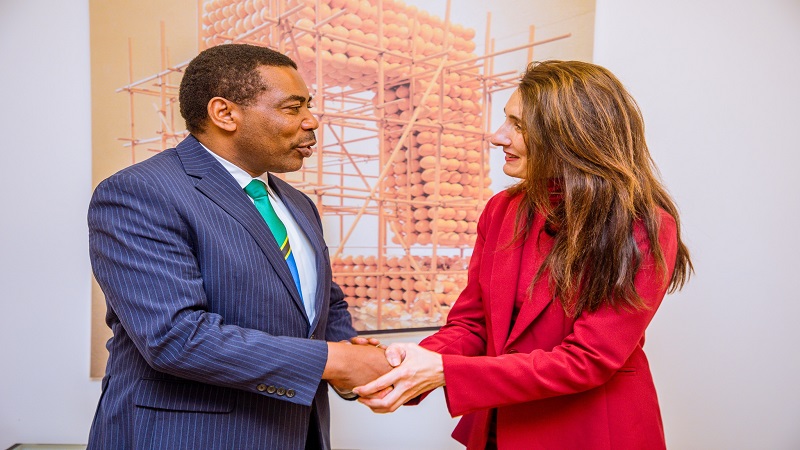Financial literacy sparks youth-led change across Tanzania
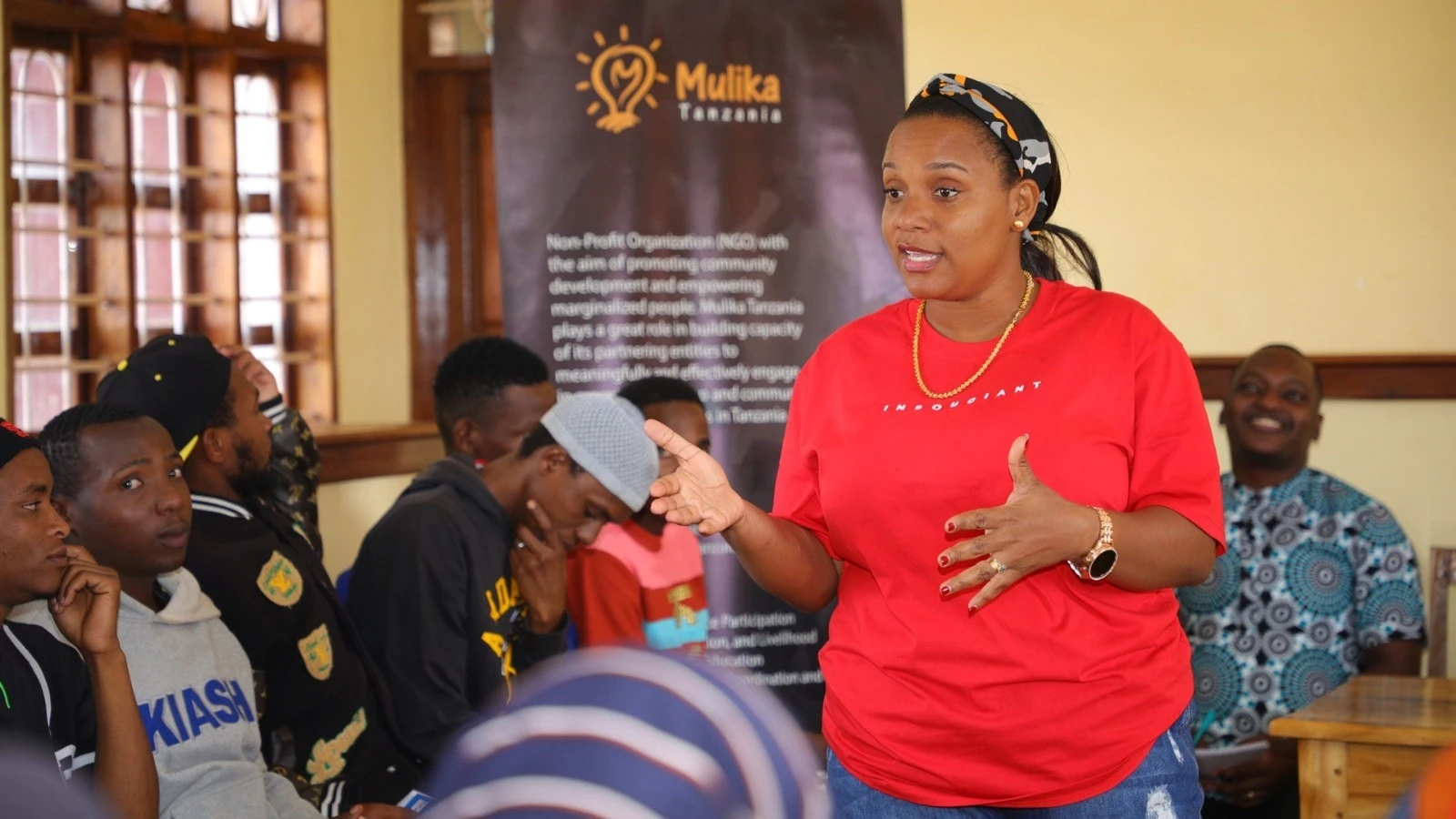
IN the heart of Tanzania, a quiet revolution is taking root. It’s a movement driven by the ambition and potential of youth—a generation determined to shape their own futures and contribute meaningfully to national development.
Yet, the road to self-reliance remains challenging. Many young people face limited economic opportunities, the ongoing impact of HIV/Aids, the risk of teenage pregnancies, and insufficient access to essential health services.
Recognizing the urgency of this moment, the non-governmental organization Mulika Tanzania has placed youth economic empowerment at the core of its mission.
Its goal is to equip young people with the skills and tools needed to become self-employed, financially independent, and active contributors to the economy.
Through training in business development, financial management, and entrepreneurship, Mulika Tanzania believes youth can transform not only their own lives but also their communities and the nation at large.
Leading this transformation, Mulika Tanzania has partnered with the United Nations Population Fund (UNFPA), with support from Global Affairs Canada, to roll out a targeted training program for youth in Dodoma City, Chamwino, Bahi, and Kondoa.
The initiative places special focus on marginalized groups—including young women, youth living with HIV, and persons with disabilities.
At the forefront of this effort is Hussein Melele, Executive Director of Mulika Tanzania, who is passionate about the programme’s impact.
“We train youth on financial management,” Melele explains. “This includes how to effectively use loans, banking services, and manage small businesses from the ground up.”
The programme integrates a digital platform managed by the President’s Office – Regional Administration and Local Government, which simplifies the registration of youth business groups. This step is essential for accessing the government’s four percent youth loan allocation.
Melele is optimistic that these young entrepreneurs will also be able to tap into broader financial resources, including local council loans and additional economic support.
Participants are also taught how to navigate markets and harness digital platforms to boost their visibility and reach.
Beyond economics, the program also delivers education on reproductive health, gender equality, and basic rights—empowering youth to become informed and engaged citizens.
In Kondoa District, Dodoma Region, the programme’s influence is already tangible. Nasoro Abdallah, a skilled sofa maker from Bereko Ward, says the training has reignited his business ambitions.
“We’ve already registered our group,” says Abdallah. “Now we’re just waiting for the loan window to open. I believe this will help us grow our furniture production and even branch out into poultry farming, which has a strong local demand.”
Abdallah also shared a common challenge: managing cash flow when advance payments are tied up in raw materials. He believes a loan could provide the capital needed for bulk production and ensure consistent income.
Salha Riziki, another aspiring entrepreneur, underscores the importance of access to loans in a context where government jobs are scarce.
“The training was eye-opening,” she says. “It taught us how to start a business, save money, and avoid unnecessary expenses.”
Her advice to other unemployed youth is clear: organize into business groups and take advantage of available financial and entrepreneurial opportunities.
“There are so many opportunities out there,” she emphasizes. “With the right knowledge, more youth can gain independence and create lasting change.”
Riziki also offers a word of caution: financial discipline is key. She urges young people to deposit their funds securely and use loans strictly for their intended purposes. Choosing reliable group members, she notes, is equally important for ensuring loan repayment success.
Elizabeth Shoo, the Kondoa District Development Officer, highlights the government’s commitment to inclusive development.
“Ten percent of the district budget is allocated to special groups, including four percent specifically for youth,” Shoo explains. “Our goal is to ensure that both men and women have equal access to opportunities, which is vital for achieving financial independence and broader community development.”
Meanwhile, Kondoa District Business Officer Henry Innocent provides valuable guidance for budding entrepreneurs.
“Every successful business must be profitable and built on a clear vision,” he advises. “It starts with a sound idea, a well-structured plan, and specific objectives. Knowing your capital sources, understanding legal requirements, and selecting the right location are all essential steps.”
Top Headlines
© 2025 IPPMEDIA.COM. ALL RIGHTS RESERVED











